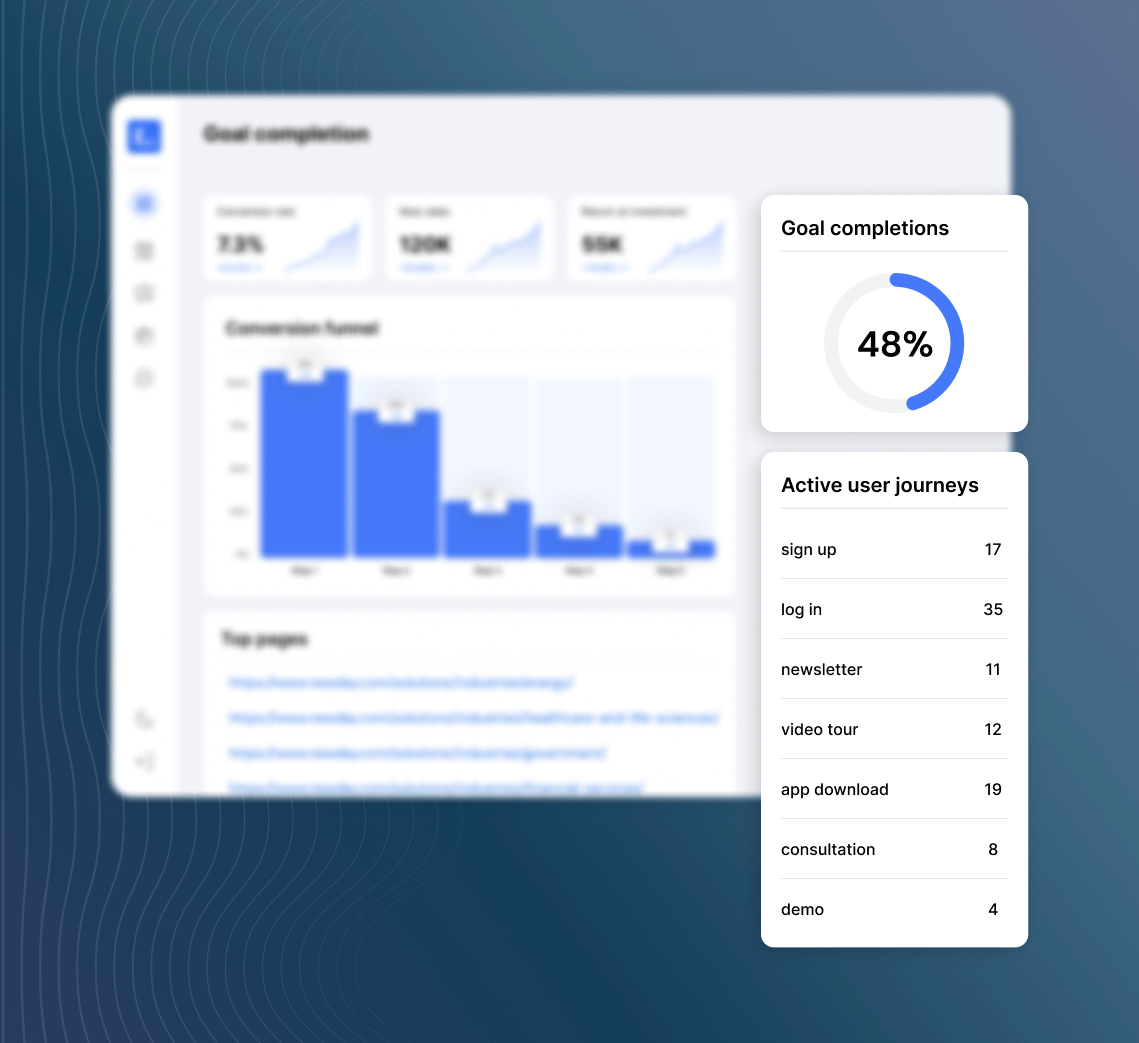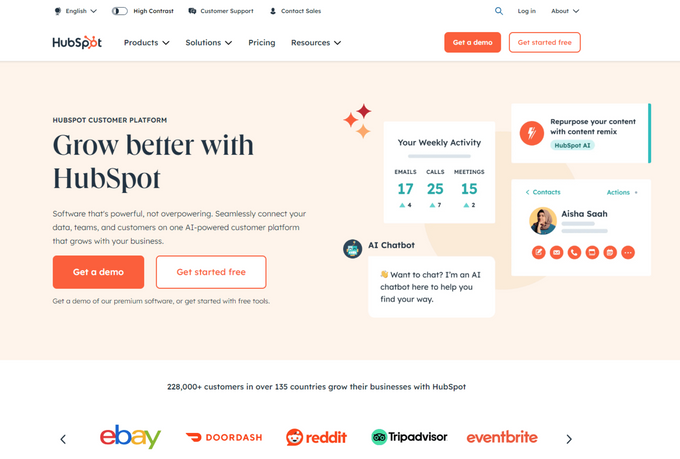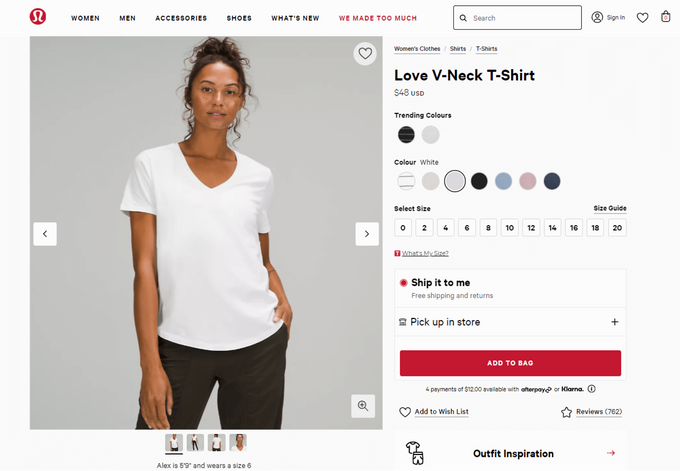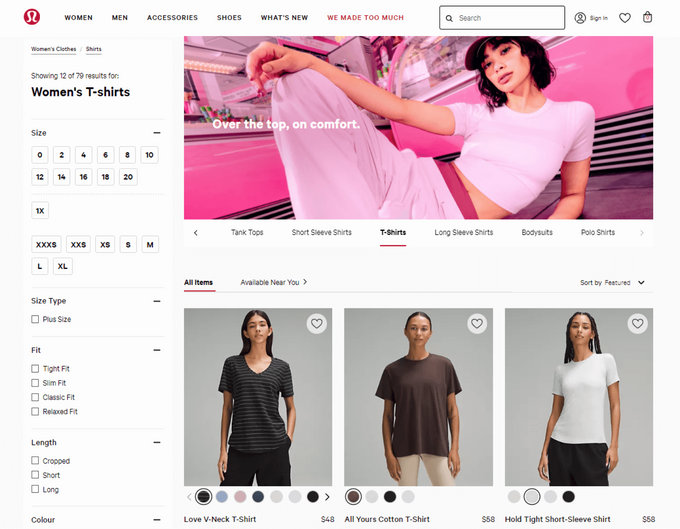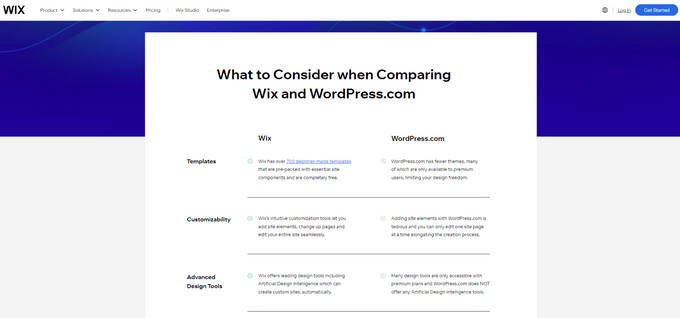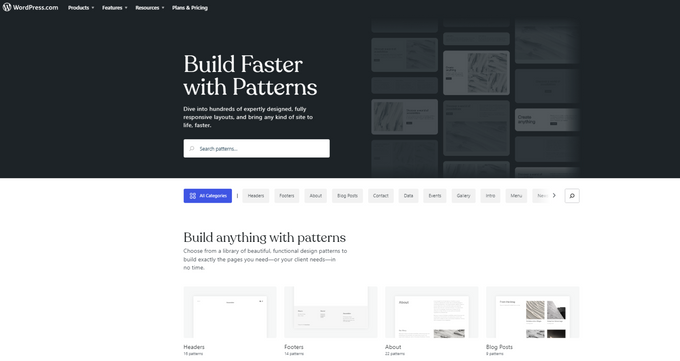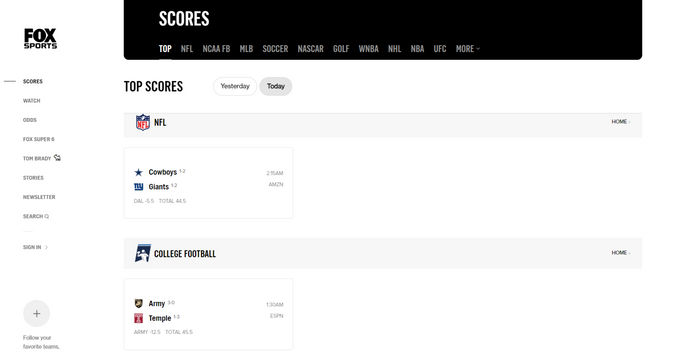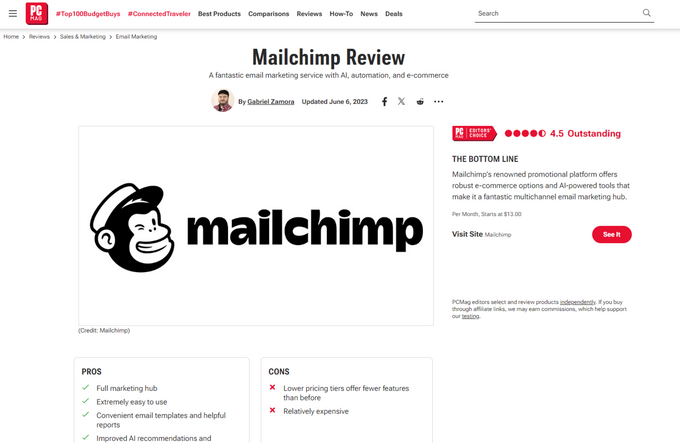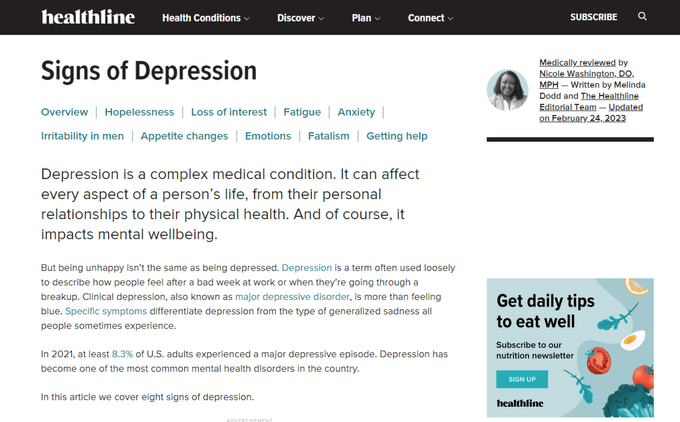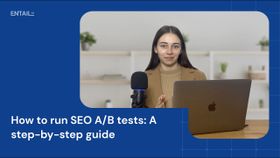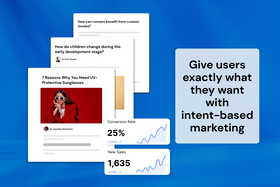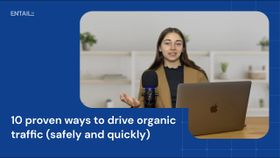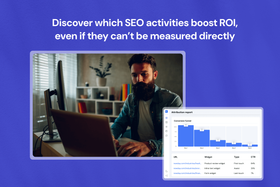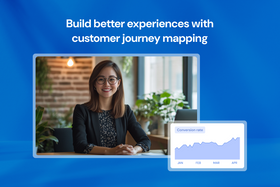How to forecast SEO ROI and maximize conversions
Learn how to accurately forecast SEO ROI and find out if content will deliver real results for your business.
Updated April 11, 2025
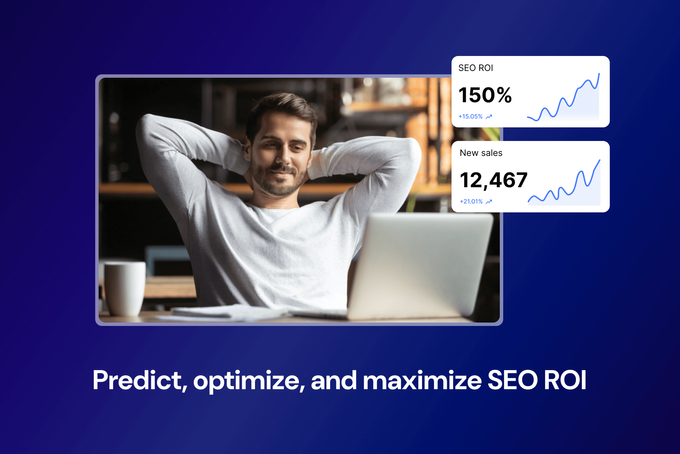
AI Summary
When you conduct keyword research or develop an SEO strategy, it's not just about how much traffic you can get. SEO is a marketing activity. The main reason behind it is to generate conversions and ultimately deliver a return on investment (ROI).
So, let's look at the best way to do keyword research and formulate an SEO strategy that maximizes conversions and guarantees ROI. I'll also discuss which industries are best positioned to generate ROI from SEO, what type of content they should create, and which websites may not benefit from SEO. By following these guidelines, you'll understand whether SEO is a worthwhile investment for your business.
Key takeaways
- SEO ROI differs between industries, so you need to do proper research to find what's best for your business.
- You need to understand your industry's bottom-of-the-funnel pages. Are they category pages, product pages, etc.?
- Content isn't relevant for every industry, so you need to determine if it's a good investment for your business.
Types of pages that drive conversions
Let's start by looking at SEO ROI on a spectrum. Some industries have limited bottom-of-the-funnel searches and conversion opportunities, while others have a huge variety. To know which pages to build to get SEO ROI, you need to identify the types of pages that rank well on Google and convert.
In general, these pages include:
- Branded pages: Represent for who you are as a brand and what your brand stands for. An example of this would be the homepage.
- Product pages: Showcase individual products, such as a specific t-shirt. These pages often don't rank very well because users want to compare products before making a purchase.
- Category pages: Group similar products together, such as "t-shirts for women." These pages help users compare different options within a particular category.
- Comparison pages: Built to help users compare different products or services.
- Feature pages: Highlight specific attributes of a product. For example, WordPress has different pages for its themes, plugins, and layouts.
- Programmatic pages: Automatically generated and updated from an API. Websites that display the latest sports scores, weather forecasts, or flight prices often use programmatic pages.
- Review pages: Provide evaluations of a single product or service to help users make informed decisions.
- Content pages: Offer information, usually in the form of articles, on specific topics. Most pages on the internet are content pages.
» Create any type of content page with Entail's page builder.
What types of pages are relevant to your industry?
Now that we've covered the types of pages that can rank, it's important to determine which ones are relevant to your industry. You'll also need to identify which keywords are most relevant to your website.
Let's look at a few industries on different ends of the spectrum.
Fashion
In industries like fashion that require less information, there aren't many opportunities to create informational content unless your brand has a unique story. For example, Tentree creates content about sustainability because it's a big part of their brand.
However, most fashion brands rely mostly on visual content like product photos and videos. So, product pages and category pages should make up the bulk of your site. That's the best way to structure a fashion website in terms of SEO. If you want to create informational content, you can create top 10 pages on topics like "best dresses for summer" or "best yoga pants."
» Learn how to create content for every stage of the user journey.
News
News websites create content pages on current events or trending topics. News doesn't fall into the category of evergreen content and needs to be updated all the time to "feed the beast." Most news articles will rank well for a day or two before losing traffic, so it's a continuous process of producing fresh content to maintain visibility.
» Discover whether SEO ROI can always be measured.
Sports and travel
In industries like sports, where there are searches like "Real Madrid vs. Barcelona" for scores or betting odds, you'll usually get programmatic pages because there's a huge variety of query classes. You can look at "team vs. team" followed by "scores" or "odds." With so many combinations of teams and sports, the numbers can be automatically updated via an API to create pages with automation for each event.
The same goes for searches like "flight from New York to Miami," which have many different combinations. For travel industries, there are a lot of bottom-of-the-funnel searches you could rank for. And while you can create content on tourism, it's unlikely that someone reading about Thailand will book a flight through that article. Typically, users will search directly for flight tickets. Content in these industries isn't going to rank well, much less get sales.
» Find out how to create content for the SEO conversion funnel.
One-off services
Websites for one-off services like moving companies or locksmiths usually target searches like "moving company near me" or "locksmith near me." These searches are time-sensitive and not relevant long-term. There's little content you can create that helps the bottom of the funnel.
For example, an article about "how to change a lock" might be relevant, but someone reading that content is unlikely to hire a locksmith because they're probably already doing the job themselves. So, it won't directly contribute to conversion or support ROI.
» Learn how to measure SEO ROI.
Industries that rely on information
Then, there are websites in industries like finance, health, accounting, and online therapy. There's a greater variety of information close to the bottom of the funnel, making it easier to create content that converts. For example, in online therapy, bottom-of-the-funnel searches consist of different combinations of the disorder (anxiety, depression), persona (man, woman, child, teen), and even the location (e.g., "anxiety therapy for kids in Los Angeles").
Content for these industries doesn't always need to be bottom-of-the-funnel to convert. For instance, more upper-funnel articles like "What is depression?" or "What causes anxiety?" can still lead users to take action (i.e., book an online therapy session).
How to forecast SEO ROI
To predict SEO ROI, you need to analyze how many bottom-of-the-funnel keywords you have. You also need to know the following:
- Keyword volume
- Conversion potential
- Competition
Ask yourself: What is the structure of my bottom-of-the-funnel queries? Usually, it's product/service/feature + persona + location + condition (or any other characteristics). This would look something like "custom orthotics for runners in the US with shin splints." The larger the variety and the higher the volume, the better your chances of getting ROI.
In cases where your bottom-funnel searches are product searches that don't require content, you can generate ROI, but it's more difficult to rank for these because competition is often higher.
» Explore proven techniques to improve SEO ROI.
Then, look at keywords above the bottom of the funnel. Upper-funnel content can still contribute to conversion. For example, targeting upper-funnel queries like "symptoms of postpartum depression" can lead to a visitor booking an online therapy session.
When you list all your keywords like this and consider all the data (keyword volume, conversion potential, average order value, and lifetime value of the user), you can forecast the potential ROI.
It can be difficult to map all this data for the thousands of keywords you'll be targeting, but Entail Strategy does exactly that. It maps all your keywords by funnel stage and can calculate the potential ROI that you may get.
» Discover the best SEO ROI tool to maximize conversions.
Get the best possible ROI from SEO
SEO is essential for ensuring your website is properly crawled and indexed, but content isn't always the best investment for every industry. For industries like fashion that require less information, it's probably better to invest your time elsewhere.
On the other hand, industries like finance or health have a lot to benefit from content creation. Users are actively seeking information, and well-targeted content can guide them further down the sales funnel until they purchase. Understanding where your industry fits will help you focus your efforts on the right strategies to generate SEO ROI.
